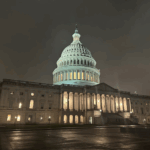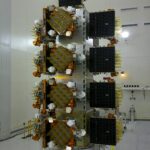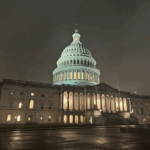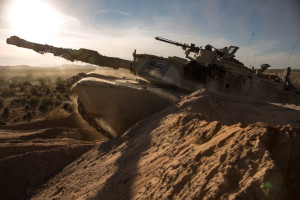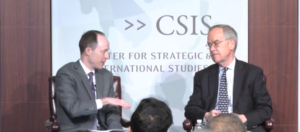
The possibility of the House voting favorably to stand up a new Space Force branch under the Air Force in the fiscal year 2020 budget is not inconceivable, Rep. Jim Cooper (D-Tenn.) said March 20. Cooper, who chairs the House Armed Services Committee’s Strategic Forces subcommittee, said the committee is “on track” to come to agreement on standing up the Space Force this year, during an event at the Washington, D.C.-based Center for Strategic and International Studies. Two years ago,…

 By
By 